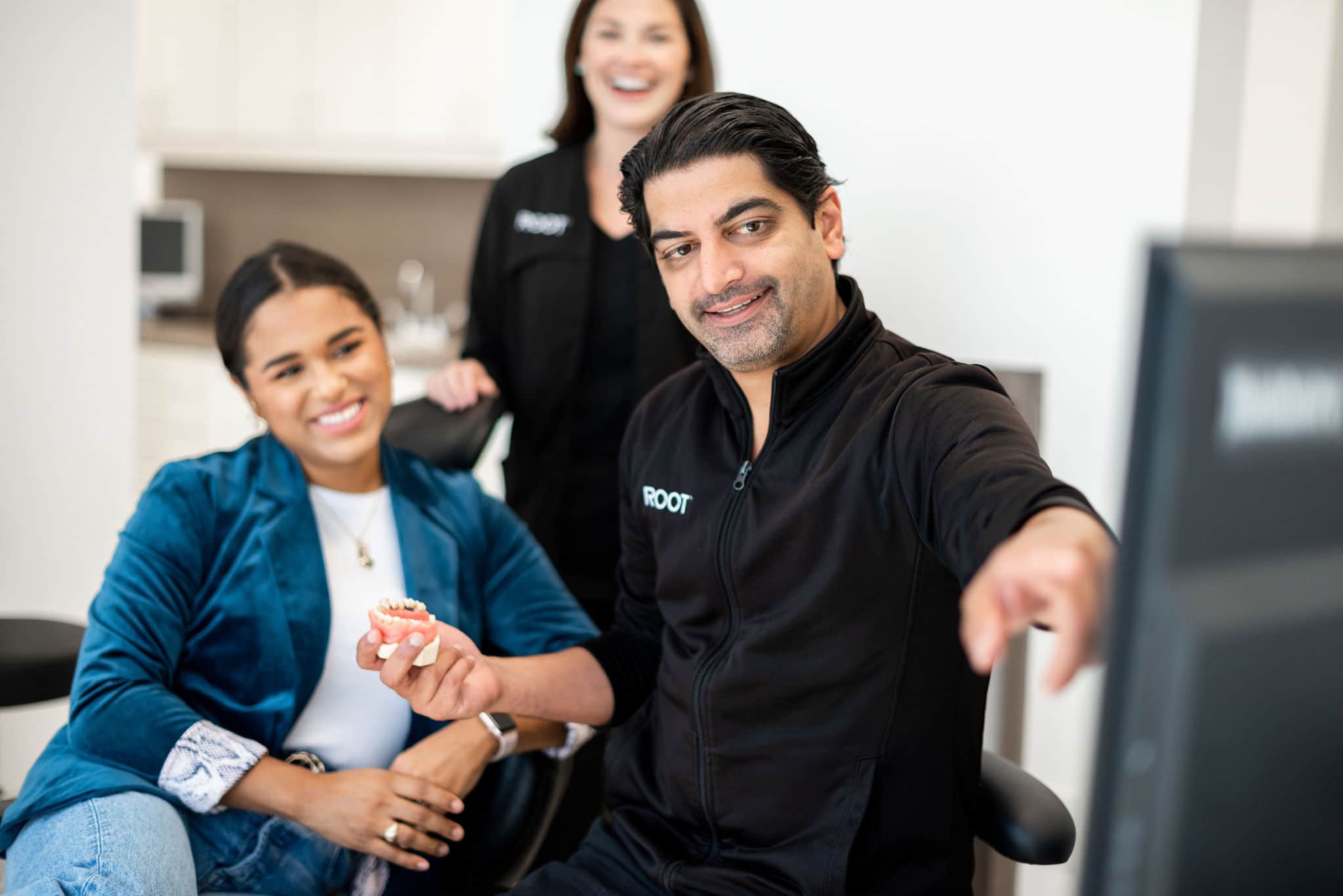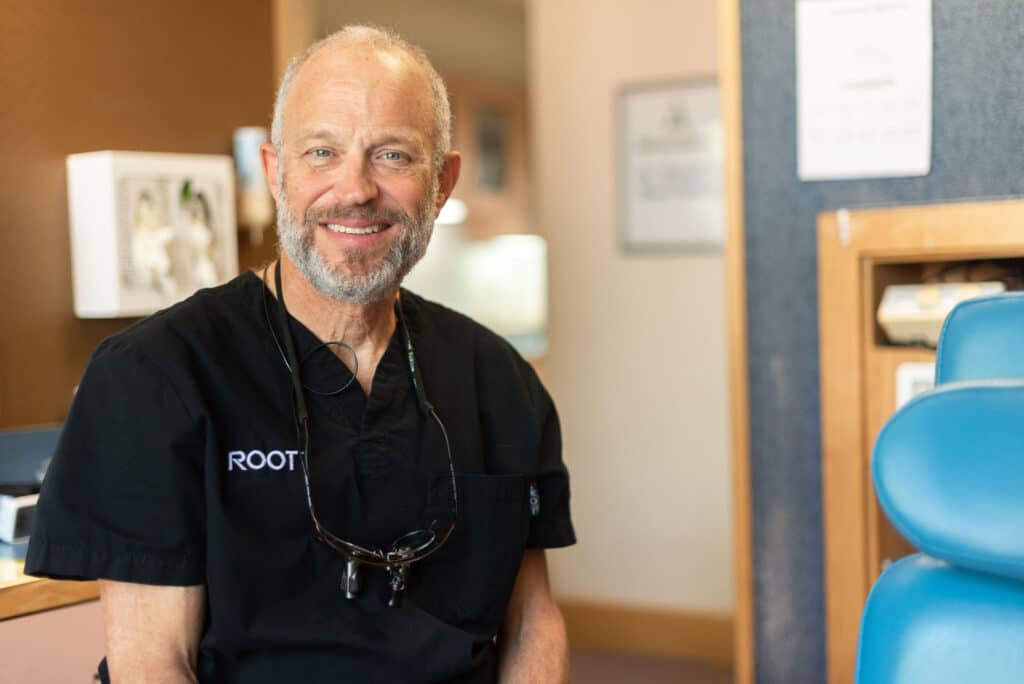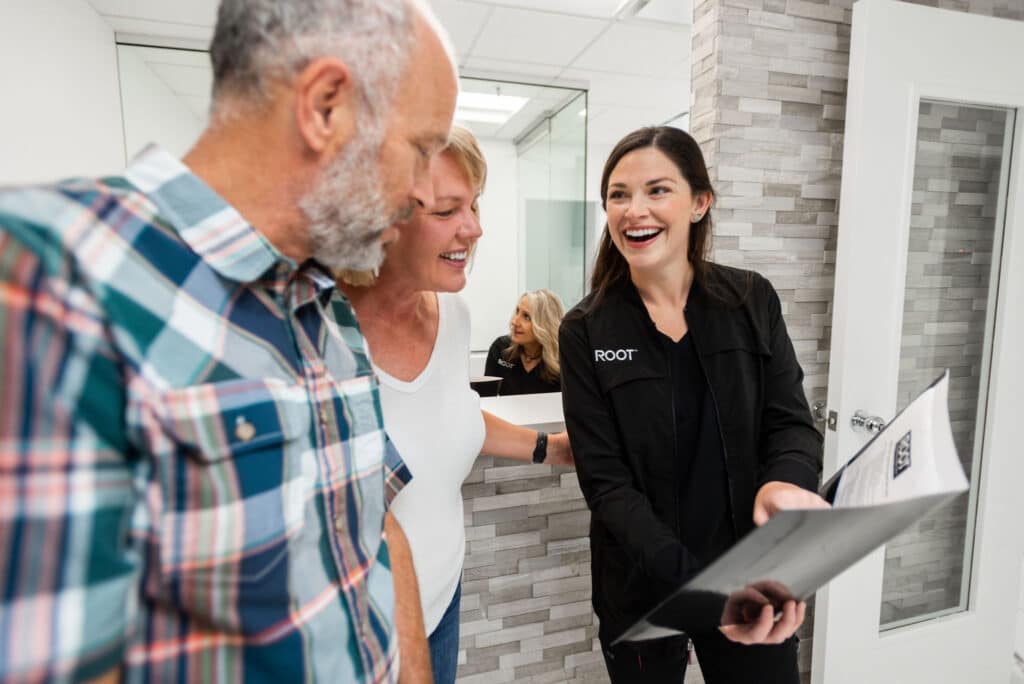Dr. Patel
Periodontist
The training that Dr. Patel has received has given him a wide range of experience in treating advanced periodontal disease, complicated extractions of teeth, placement of dental implants, bone regenerative procedures, as well as in periodontal plastic surgery/cosmetic procedures.
Dr. Pooria Fallah
Periodontist
Dr. Fallah received his DDS degree in 2009 and subsequently completed his residency program in Periodontics at New York University College of Dentistry in 2015. He became a Diplomate of the American Board of Periodontics in 2016 and has been practicing periodontics in private practice in Dallas since 2015.
Dr. Husain
Periodontist
Dr. Husain is proficient in dental surgical procedures involving bone and soft tissue grafting, dental implant placement, minimally invasive LANAP and other laser procedures, and treating chronic periodontal diseases.
Dr. Li
Periodontist
Dr. Li is a Board-Certified periodontist and a Diplomate of the American Board of Periodontology. A Diplomate is a periodontist who has made significant achievements beyond the mandatory educational requirements of the specialty, demonstrating a comprehensive mastery of all phases of periodontal disease and treatment and in the placement of dental implants.
Dr. Sheppard
Periodontist
Dr. Sheppard has been in private practice since 2004. She takes pride in providing her patients with the highest quality care using the latest technology and using a patient centered approach. In 2005, she co-founded The Northwest Society of Women Dentists, an organization for women who were often also business owners.
The Tooth Extraction Process
In order to determine if you require a tooth extraction, you will need to schedule an initial consultation, during which we will examine the overall health of your teeth, review your medical history, and determine what treatment options are best suited to your unique needs.
If it is determined that a tooth extraction is the optimal treatment option for you, your procedure will typically begin with a local anesthetic. The type of anesthesia that is used may vary, depending upon the severity of your case as well as your overall sensitivity. Once you are properly numbed, the damaged tooth or teeth will be removed. Teeth that are impacted will require that we cut away the bone tissue and gum that covers the tooth. Once this is complete, the tooth will be removed through the use of forceps. In some cases, it will be necessary to remove the tooth in pieces.
Once the tooth or teeth have been removed, we will suture any gaps in your gums to help facilitate the healing process and minimize bleeding. After this step is complete, you can begin the healing process and prepare for the follow up appointment, which will likely involve placement of a dental implant.
Tooth Extraction Risks
Although the risk of having a tooth extracted is very low, there are certain complications that can occur, including the following:
- Dry socket: One of the more common complications associated with a tooth extraction, dry sockets present as pain in the area of extraction. Dry sockets are treated through the use of a medicated dressing.
- Infection: It is possible for an infection to develop, but unlikely if you have a healthy immune system
- Fractured jaw: Uncommon, but can occur in patients with osteoporosis
- Jaw joint or jaw muscles soreness
- Prolonged numbness in chin and lip
- Incomplete extraction
Aftercare for Tooth Extraction
Following your tooth extraction, it is important to closely follow any post-procedure instructions. It is common for patients to experience mild bleeding following this procedure in addition to mild swelling. You should plan on avoiding hard foods and limiting physical activities for at least two to three days following the procedure. Gauze pads are typically placed over the socket to stop the bleeding and ice packs can be used to reduce swelling.
It is important to follow these instructions carefully to avoid developing a dry socket, which can prolong the healing process. Dry sockets will typically present as throbbing pain that begins to occur 3-4 days following the procedure. Dry sockets will typically heal naturally, but contact our staff if you begin to experience discomfort.
Once the extraction site has fully healed, there are no additional aftercare instructions you will need to follow. To maximize the benefits and longevity of your tooth extraction, it is critical to practice good oral hygiene habits, such as brushing your teeth twice daily and flossing at least once daily, and ideally every time you brush your teeth. It is also important to practice proper brushing and flossing techniques and continue scheduling regular checkups with your periodontist every six months. By maintaining a consistent oral health care routine, you will significantly reduce your risk of developing additional periodontal issues, and will continue enjoying a bright and healthy smile for many years to come.
Cost of Tooth Extraction
There are a range of factors that can impact the final cost of having a tooth or teeth extracted, such as the severity of your case, any associated procedures that will need to be performed prior to or along with treatment, as well as your insurance plan.
Our team is committed to helping you complete necessary paperwork, schedule appointments, and answer any questions you have concerning billing. For patients who have insurance plans, we do request you submit medical/dental insurance information with your New Patient Paperwork to expedite this process.
Please note: to reduce costs to our patients while still ensuring that we can provide the highest level of care, we have the following financial polices:
- We accept Discover, Visa, MasterCard, and American Express
- Full payment is due after services rendered
- Payment plan options are available via www.CareCredit.com
PERIODONTAL SERVICES
To determine if you have gum disease, your periodontist will measure the space between your teeth and gums. Patients who have pockets that are deeper than the average depth of three millimeters or less will be considered candidates for treating gum disease. Depending upon how severe your case is, your periodontist will suggest a follow up appointment, during which several different treatment options may be recommended.
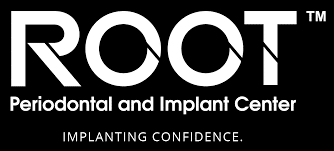
Schedule Your Visit Today
At ROOT™ Periodontal and Implant Center, we take your health, confidence, and teeth seriously. Scheduling regular visits to maintain your teeth and gums will actively improve your overall health, and maintaining a bright and strong healthy smile will do wonders for your self-confidence. In addition to recognizing the importance of your oral health, we also understand the importance of your time, which is why we are committed to making every visit to our clinic as efficient as possible.
If you would like to learn more about tooth extractions or schedule an appointment to have a tooth or teeth extracted, schedule an appointment or consultation today with our friendly, helpful staff, who can be reached at the following locations: Carrollton: (972) 242-7603; Flower Mound: (972) 434-8050; Denton: (940) 566-7021, or Frisco: (469) 489-ROOT.
We look forward to serving you and your smile and having you on your way as soon as possible!
